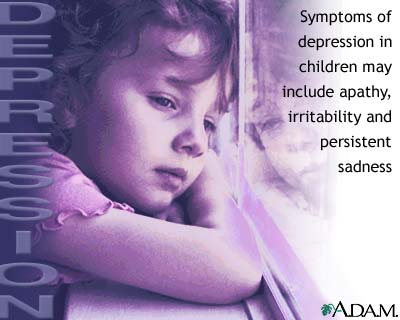Help For Dysphoric Children

The diagnosis of dysphoria in young children is extremely rare. Most children who seem insecure about their sexual identity as a child will end up feeling the same way beyond puberty. However, role play is not common in young children. However, this is still very common among teenagers.
Sometimes children may not have a clear idea of their gender identity as they grow up. If you think your child has dysphoria, he or she may have been diagnosed with a “gender non-conforming adolescent,” and this is a sign of puberty.
Most dysphoric children can never be completely happy with their gender. They may express feelings as if they are a boy or a girl, but sometimes they may just want to befriend the opposite sex.
Children with dysphoria may not have any symptoms that could be considered a physical disorder. They may not show any signs of physical change, but they may be anxious at times. This can include sadness or anxiety, not wanting to play with friends, or acting in anger.
If you suspect your child has dysphoria, talk to him or her. If your child develops signs of depression or anxiety, you can take them to the doctor’s office. They may need to take several tests to determine if it is really a dysphoric condition. They may even want to take a puberty test to see if they have any physical differences.
Unfortunately, children with dysphoria are often avoided by peers because it can be seen as a sign of mental illness in their child’s life. The doctor should help your child cope with dysphoria. Children who are shy or embarrassed about their dysphoria may not be able to tell you how they are feeling, which means it can be seen as just a nervous state. You can talk about this with your child.
If your child’s health is improving, it is normal for him or her to worry about his or her dysphoric personality. Even if it’s just a small concern, it’s important that you talk to your child about the condition.

If you notice that your child has problems with sex or is worried that he does not develop a penis or clitoris, he is most likely having dysphoria. This could be a sign that their body is out of sync with their mind.
If your child has dysphoria, you will want to help him get better. The doctor will be able to help with your child’s diet, his or her medications, and physical therapy. When it comes to dysphoric feelings, it’s important to take care of yourself as well. Be open and honest with your child and help him or her deal with dysphoria.
When they can finally feel safe, your child may need help getting used to their new personality. The first step in this process is to let them know what is the best way for them to express themselves and how to do it safely.
Dichotomous children are often afraid to express themselves because they are not sure how they should express themselves. Therefore, it is important to help them find a place where they can express themselves and where they can be received. Find a therapist who specializes in children with dysphoria or someone who is not afraid to talk about children with dysphoria. Tell the therapist how you feel and ask questions.
Your dysphoric child should know that there are people in his or her life who are going through the same thing. They may need support and understanding.
Remember that your child needs your help too. Helping them deal with dysphoria helps them grow and be happier.
